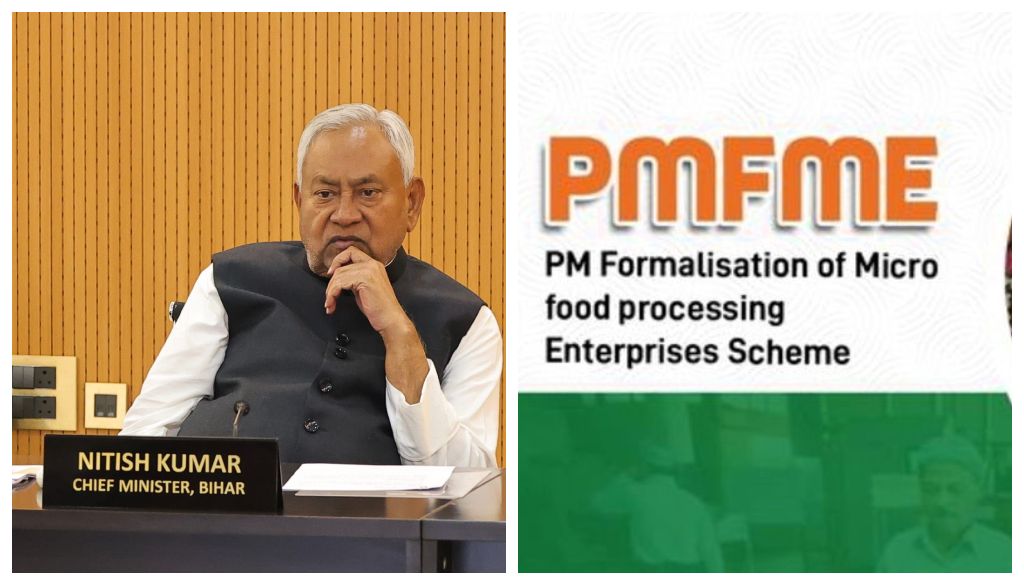
Patna: Bihar has been recognised as the top-performing state in India under the Pradhan Mantri Formalisation of Micro Food Processing Enterprises (PMFME) scheme for 2024–25, with the Union Ministry of Food Processing Industries commending its strong performance and efficient implementation.
Under the leadership of Chief Minister Nitish Kumar, the state has made major strides in formalising micro food enterprises, a move that aligns with broader efforts to boost rural entrepreneurship and value-added agriculture. A letter issued by Additional Secretary Minhaz Alam acknowledged Bihar’s “exceptional achievement,” noting its number one position in annual performance rankings and second place in cumulative performance nationally.
According to ministry data, Bihar had set a target of approving 11,000 units for the current fiscal year and has sanctioned 10,270—an achievement rate of 93%. The figures from the previous year were even more striking. In 2023–24, the state approved 10,284 units, overshooting its target of 6,516 by 153%.
In total, 23,572 proposals were sanctioned during 2024–25, highlighting both sustained momentum and an increasingly streamlined approval process.
Officials attribute this success to the coordinated efforts of key administrative figures, including Department Secretary Bandana Preyashi, State Project Management Unit (SPMU) head Nikhil D. Nipanikar, and dedicated field officers. Their work, coupled with high-level policy direction, has positioned Bihar as a national model for effective scheme execution.
The PMFME scheme, launched by the central government in 2020, aims to support unorganised micro food processing enterprises through financial assistance, skill training, and integration into formal value chains. By prioritising local engagement and technical support, the initiative seeks to boost employment and income levels in rural areas.
Officials in the ministry believe that Bihar’s example could serve as a roadmap for other states looking to scale up micro-enterprise development and bring greater structure to the informal food processing sector.
The ministry has expressed optimism that Bihar will maintain its lead in the next financial year, further cementing its role in driving grassroots economic transformation.





